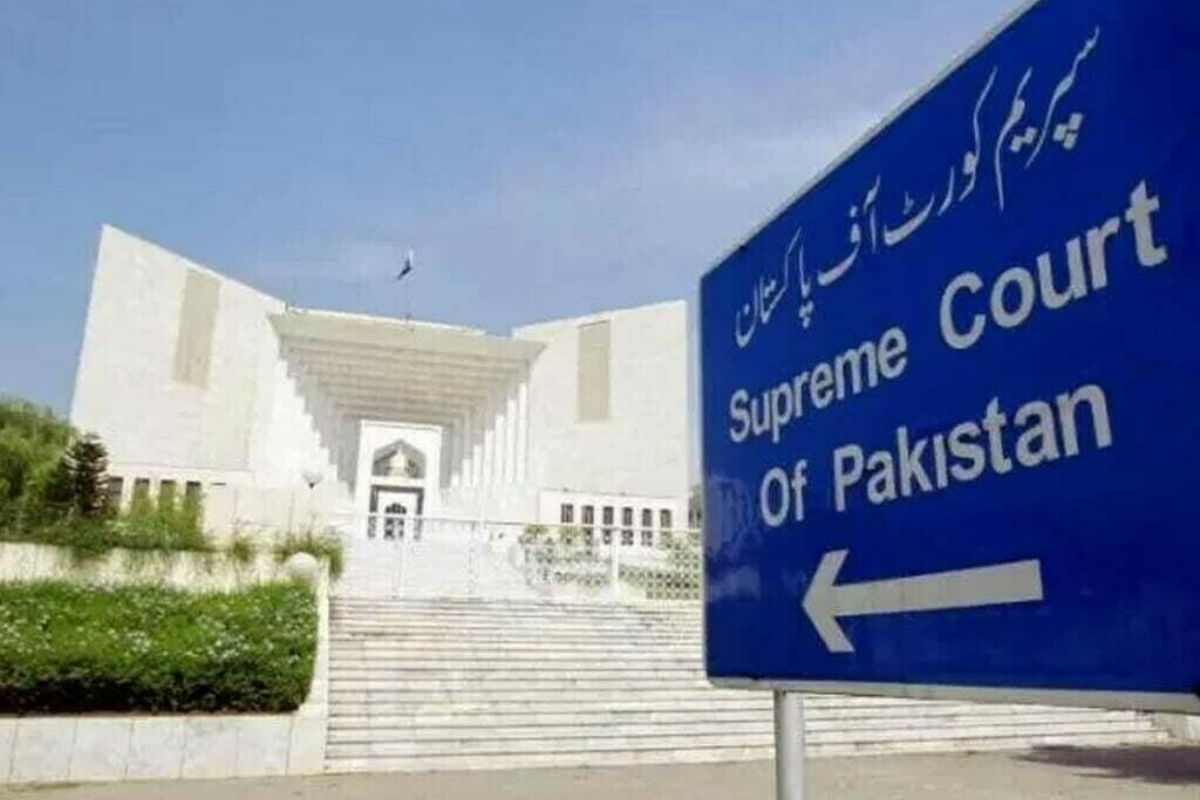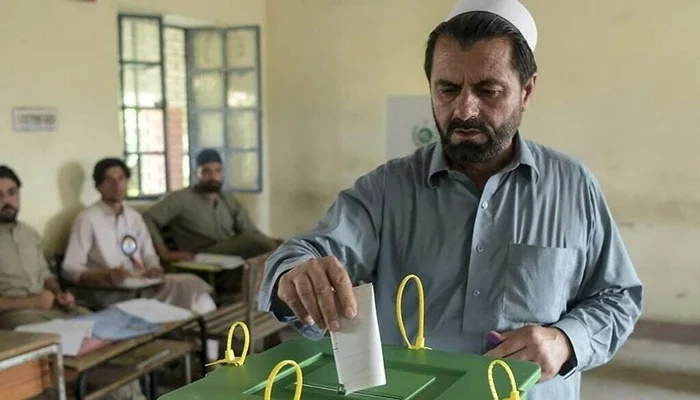The Supreme Court of Pakistan has issued a directive restricting all accountability courts from delivering final verdicts in any cases.
The apex court specified that final verdicts should not be given in ongoing trials until a detailed decision is issued regarding the Practice and Procedure Act.
This decision will allow for an intra-court appeal against the amendments made to the National Accountability Bureau (NAB) law.
The court has also issued notices to the PTI chairman, attorney general, and all advocate generals.
The Supreme Court recently resumed hearing an intra-court appeal against its previous ruling that invalidated the NAB law amendments.
A five-member bench, led by Chief Justice of Pakistan Qazi Faez Isa and including Justice Athar Minallah, Justice Aminuddin, Justice Jamal Khan Mandokhel, and Justice Azhar Rizvi, is hearing the appeals.
This marks the first intra-court appeal under the Supreme Court (Practice and Procedure) Act against an SC decision.
The previous chief justice, Umar Ata Bandial, had annulled the NAB law amendments of 2022, which was based on an application by former Prime Minister Imran Khan.
The federal government subsequently challenged this annulment.
During the proceedings, lawyer Farooq H Naek argued that the decision was made without including his client, who is an accused in NAB cases.
He pointed out that two review petitions and an appeal had been filed against the decision.
Justice Minallah questioned how the federal government could be considered an aggrieved party in relation to the decision against the NAB law amendments.
Naek clarified that only the forum for proceedings had changed under the amendments.
The Chief Justice suggested waiting for a detailed verdict on the Practice and Procedure Act before proceeding with the appeal.
Naek expressed concerns that during this delay, many cases in accountability courts would be decided and requested a suspension of the decision that declared the NAB amendments null and void.
Justice Minallah explained that the amendments only changed the forum, and if a stay order were issued, it would halt all proceedings.
He also noted that the decision primarily related to the third amendment to the NAB law, which specified the location of the trials.
Naek requested the suspension of paragraph 49 of the judgment, which, according to Justice Minallah, meant that his client’s cases would be transferred to another forum, as mandated by the third amendment.
The judge emphasized the importance of this amendment in safeguarding the accountability court proceedings.




















